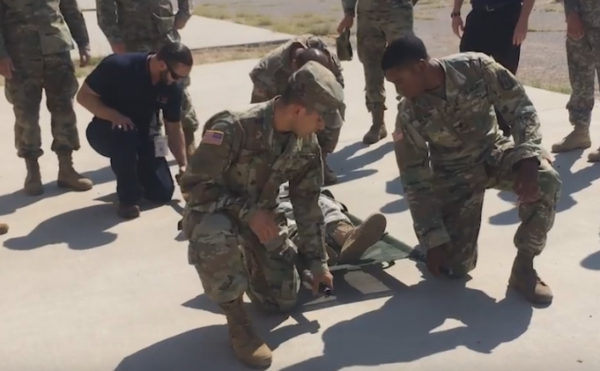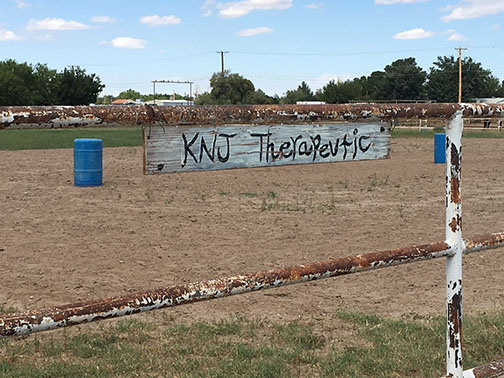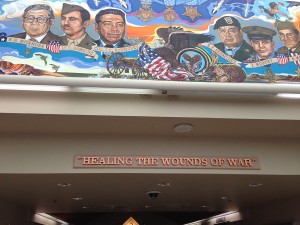PTSD treatment for combat veterans still a challenge with mixed success
|
As the longest war in U.S. history rages on in Afghanistan, the military continues to struggle with battling the mental wounds of combat when soldiers may be reluctant to seek help. “I have received behavioral health counseling multiple times. It has been difficult for me to admit that I had a problem, but going and accepting has helped me tremendously,” said Sgt. Jacob Holmes, a 10-year veteran who works with the Army’s 24th Press Camp Headquarters which is a unit of soldiers/journalists, currently stationed at Fort Bliss in El Paso. Holmes, who responded to interview questions by email, was diagnosed with Post Traumatic Stress Disorder in 2012.



